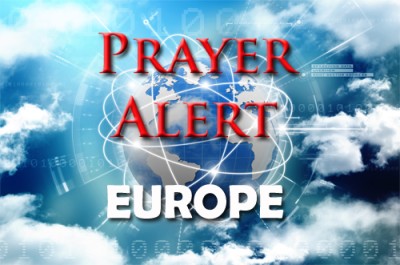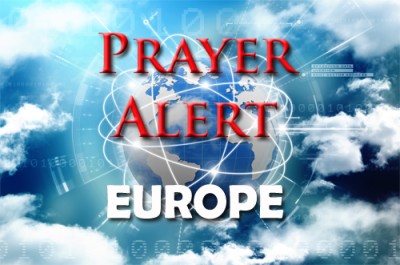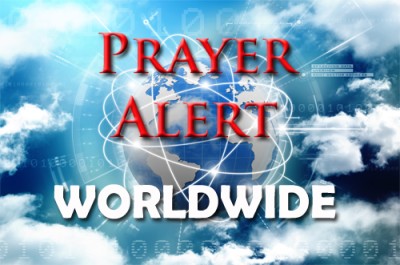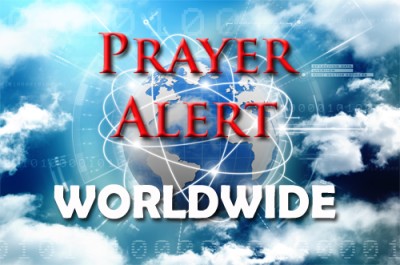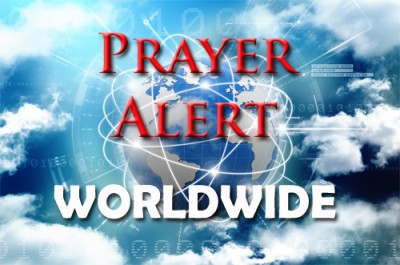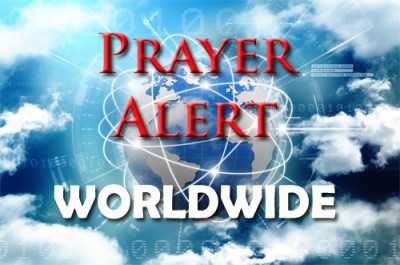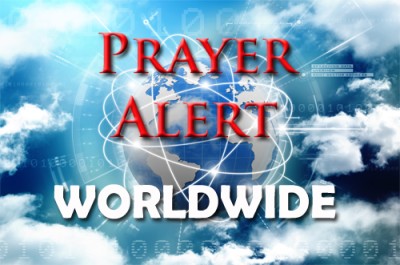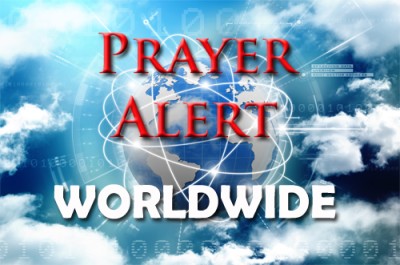Tensions flared in Brussels as Hungary vetoed both an emergency EU loan for Ukraine and a new sanctions package against Russia. Foreign minister Péter Szijjártó accused Ukraine of disrupting oil transit through the Druzhba pipeline for political reasons and alleged misleading statements. Ukraine maintains the pipeline was damaged by a Russian drone strike and says repairs are complicated by ongoing attacks. The dispute left financial aid and punitive measures in limbo, frustrating member states supportive of Kyiv. Slovakia aligned with Hungary, intensifying divisions. Critics, who argue that repeated vetoes risk paralysing EU decision-making, have revived debate over reforming unanimity rules. With Hungary facing a heated domestic election campaign, some diplomats believe the standoff is as much political as technical. Meanwhile, Ursula von der Leyen insists that support for Ukraine will continue despite internal discord.
Four Russian soldiers have described severe brutality within their own ranks during the war in Ukraine, including alleged executions of troops who refused orders. In a BBC documentary, two men said they witnessed commanders shoot soldiers at close range for declining to join assaults described as near-suicidal. One claimed he saw about 20 bodies of comrades executed by fellow troops, a practice reportedly referred to in slang as being ‘zeroed’. Another said he was tortured, electrocuted and humiliated after refusing deployment, and that others were forced into repeated, deadly attacks. The men, now in hiding, spoke from an undisclosed location. Moscow has not released official casualty figures (other sources estimate more than a million) and says allegations of misconduct are investigated, insisting its forces act ‘with utmost restraint’. The accounts could not be independently verified, but they add to growing claims about harsh discipline and heavy losses within Russian units.
Only two days after Donald Trump, announcing Japanese-backed investments tied to a major trade pact, posted ‘America is WINNING again’, the Supreme Court ruled much of his tariff regime unlawful, angering Trump and creating huge uncertainty across global markets. Almost immediately, he announced new tariffs, which means that most countries - including those that had negotiated preferential agreements - now face a 15% tariff on exports to the USA. Some nations which made concessions, such as the UK and Japan, may gain little advantage, while others, including China and India, have seen tariff reductions without comparable compromises. The new tariffs will be valid for only 150 days, with confusion about what might happen thereafter. Data suggests much of the economic burden of tariffs has fallen on US businesses and consumers. Meanwhile, Trump has drawn widespread incredulity and criticism for using his position to advertise expensive watches bearing his name: see
An investigation has alleged that the Nigerian government paid a substantial ransom to secure the release of up to 230 children and staff abducted from a Catholic boarding school in November. The pupils were taken from St Mary’s in Niger state during a mass kidnapping by Boko Haram. Intelligence sources told AFP that millions of dollars were delivered by helicopter to militants in northeastern Borno state after negotiations reportedly led by national security adviser Nuhu Ribadu. Two Boko Haram commanders were also said to have been freed. Officials publicly denied paying any ransom, insisting that government agents do not negotiate with kidnappers. The Islamist insurgent group, active since 2009, has carried out widespread violence and abductions across northern Nigeria. Reports suggest the children were released in stages after confirmation that the payment had been received.
The government has deployed thousands of troops after deadly unrest followed the death of cartel leader Nemesio Oseguera Cervantes, known as El Mencho. Around 9,500 soldiers have been sent to western states, including 2,500 reinforcements to Jalisco, where he was captured. The Jalisco New Generation Cartel, long regarded as one of Mexico’s most powerful criminal organisations, responded with coordinated attacks. Roads were blocked with burning vehicles, spikes and debris, while banks and businesses were set alight. Clashes between cartel members and the National Guard left dozens dead, including security personnel and alleged gang members. El Mencho was seriously wounded on 22 February during a firefight with special forces and died while being transported to Mexico City. President Claudia Sheinbaum praised the operation and pledged to restore peace. Authorities say order is gradually returning, though tensions remain high in affected communities. The level of violence has been made worse by warfare between and even within different cartels: see
The two key ports at either end of the Panama Canal have been taken over by the Panamanian government. This follows a supreme court ruling last month that the renewed 25-year concession given to Hong Kong conglomerate CK Hutchison to operate the ports was ‘unconstitutional’. The authorities have entered the terminals at Balboa and Cristobal and assumed administrative and operational control. A government decree authorised the Panama Maritime Authority to do this ‘for reasons of urgent social interest’. Beijing described the ruling as ‘absurd’ and ‘shameful’, while warning that the Latin American country would pay ‘heavy prices both politically and economically’; in response, president Jose Raul Mulino defended Panama’s judicial independence and strongly rejected China’s threats. The takeover marks a significant development in the strategic and political debate surrounding one of the world’s most vital shipping routes.
Russia’s deputy prime minister Alexander Novak has said Moscow is discussing the possibility of supplying fuel to Cuba as the USA tightens restrictions on oil shipments to the island. The move follows new US measures aimed at cutting off Venezuelan oil supplies and threatening sanctions on countries that export fuel to Cuba. Russia, previously a major supplier alongside Venezuela and Mexico, has criticised the restrictions, warning of humanitarian consequences. Cuba relies heavily on imported fuel to power its electricity grid and already faces economic strain under longstanding US sanctions. The UN has cautioned that further shortages could deepen hardship. In response, Canada and Mexico have pledged humanitarian aid, including food and essential supplies. Washington has also announced $6m in humanitarian aid, provided that it is not distributed by the Cuban government. More than two million people have left the island since the Covid pandemic, due to the collapse of the tourism sector. Breaking news: four men in a Florida-registered speedboat have been killed by a Cuban border patrol. See
Laos: another opposition activist killed
27 Feb 2026Amid growing concern over repression in Laos, another activist, Bao Mo Khaen, has been killed. Known for criticising the ruling Lao People’s Revolutionary Party online, he was reportedly detained by soldiers in Vientiane on 14 February, and his body was discovered beside a damaged motorbike six days later. His death follows other cases involving Lao dissidents in recent years, including enforced disappearances and attacks at home and abroad. Observers note that such incidents often coincide with politically sensitive periods such as the national election on 22 February. Laos remains a one-party state, and the election was conducted without opposition candidates. Economic pressures, rising debt and youth emigration have added to public discontent. Human rights advocates argue that the pattern of violence reflects efforts to silence dissent and instil fear. Authorities have not publicly provided detailed explanations regarding Khaen’s death, and concerns over accountability persist.
